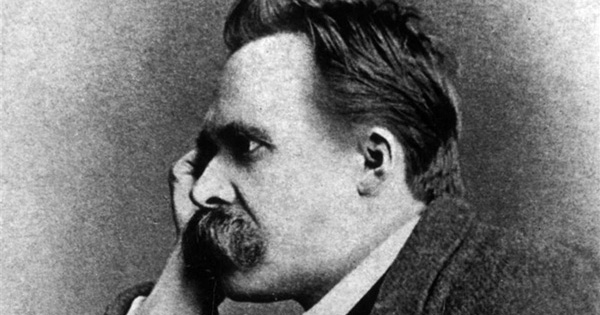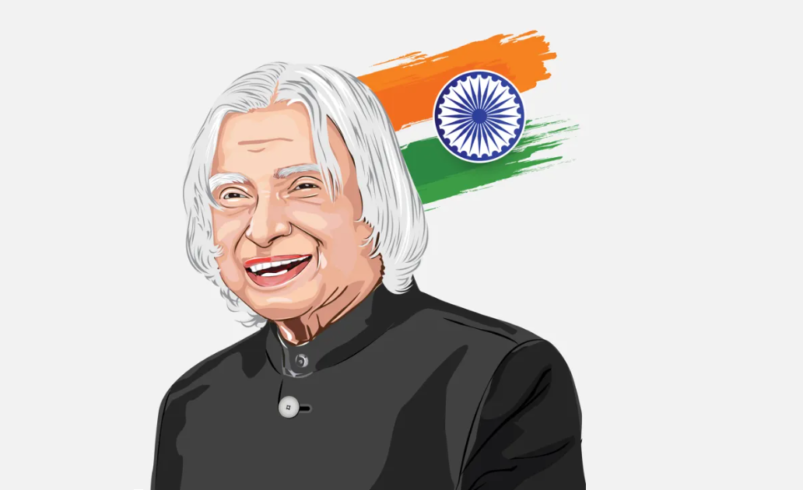
Friedrich Wilhelm Nietzsche was a 19th-century German philosopher whose profound ideas continue to resonate in modern discourse. His critiques of traditional morality, religion, and philosophical concepts challenged the prevailing norms of his time and laid the groundwork for many contemporary philosophical discussions. Nietzsche’s role in shaping existentialism, his questioning of good and evil, and his declaration of the “death of God” mark him as a pivotal figure in the evolution of Western thought.
Nietzsche’s influential works span a wide range of topics, from the nature of morality to the concept of the “Übermensch” (Overman). Among his most renowned writings are “Thus Spoke Zarathustra,” “Beyond Good and Evil,” “The Genealogy of Morality,” “Twilight of the Idols,” and “The Gay Science.” Each of these works offers unique insights into Nietzsche’s philosophy, characterized by his piercing critiques, poetic prose, and thought-provoking aphorisms.
Contents
Exploring Nietzsche’s Works
Thus Spoke Zarathustra (Also Sprach Zarathustra):
- “In the mountains, the shortest way is from peak to peak: but for that, you must have long legs. Proverbs should be peaks, and those spoken to should be big and tall.” – Friedrich Nietzsche, Thus Spoke Zarathustra
This quote reflects Nietzsche’s concept of the Übermensch, suggesting that to reach the highest peaks of wisdom and understanding, one must possess the strength and stature to endure the arduous journey. It emphasizes the importance of striving for greatness and embracing challenges as opportunities for growth.
The Übermensch is envisioned as a superior being who transcends conventional morality and societal norms. Nietzsche presents the Übermensch as the pinnacle of human potential, embodying traits such as strength, creativity, and independence of spirit. Unlike the common person, who adheres to societal values and norms, the Übermensch creates their own values and lives authentically according to their own will.
Beyond Good and Evil (Jenseits von Gut und Böse):
- “There are no facts, only interpretations.”
In this seminal work, Nietzsche challenges the notion of objective truth, asserting that all knowledge is subject to interpretation. He dismantles traditional moral frameworks, arguing that morality is a product of power dynamics rather than inherent goodness or evil.
At its core, Nietzsche’s statement reflects his philosophical stance of perspectivism—the idea that all knowledge is contingent upon the perspectives and interpretations of individuals or groups. He argues that there is no universally valid or objective truth that exists independently of human interpretation. Rather, truth is always filtered through subjective lenses, influenced by factors such as culture, language, and personal biases.
The Genealogy of Morality (Zur Genealogie der Moral):
- “In the mountains, the shortest way is from peak to peak: but for that, you must have long legs. Proverbs should be peaks, and those spoken to should be big and tall.” – Friedrich Nietzsche, Thus Spoke Zarathustra
This quote reflects Nietzsche’s concept of the Übermensch, suggesting that to reach the highest peaks of wisdom and understanding, one must possess the strength and stature to endure the arduous journey. It emphasizes the importance of striving for greatness and embracing challenges as opportunities for growth.
Twilight of the Idols (Götzen-Dämmerung):
- “God is dead. God remains dead. And we have killed him.”
Perhaps Nietzsche’s most famous proclamation, this statement encapsulates his declaration of the decline of religious belief in a secularized world. He critiques traditional institutions and ideologies, exposing their vulnerabilities in the face of modernity.
This statement is often misunderstood as a celebration of atheism or a declaration of Nietzsche’s personal beliefs. However, its meaning is far more complex and nuanced within the context of Nietzsche’s philosophy.

Firstly, Nietzsche uses the metaphor of the death of God to symbolize the decline of traditional religious beliefs and the erosion of divine authority in modern Western society. He suggests that with the advancement of science, the Enlightenment, and the rise of secularism, traditional religious conceptions of morality and meaning have lost their influence and relevance.
The Gay Science (Die fröhliche Wissenschaft):
- “What does not kill me, makes me stronger.”
This empowering aphorism embodies Nietzsche’s philosophy of resilience and self-overcoming. He celebrates the transformative power of adversity, urging individuals to embrace life’s challenges as opportunities for growth.
At its core, this statement reflects Nietzsche’s view that challenges and struggles are not merely obstacles to be overcome but opportunities for growth and self-improvement. Nietzsche suggests that facing adversity with courage and perseverance can lead to personal development and inner strength.
Conclusion: A Legacy of Controversy and Contemporary Relevance
Friedrich Nietzsche’s philosophy remains a source of controversy and fascination. His radical ideas continue to spark debate about the meaning of life, morality, and human potential. Though not always easy to grasp, Nietzsche’s work offers a powerful critique of traditional thought, urging us to question everything and forge our own unique paths. Furthermore, Nietzsche’s ideas hold surprising relevance in our contemporary world. Here are some key connections:
- The Death of God and the Rise of Individualism: Nietzsche’s proclamation of “God is dead” resonates in a secularized world where traditional religious authority has waned. This creates space for individuals to define their own values and purpose, mirroring the rise of individualism and identity politics.
- Questioning Morality and Truth: Nietzsche’s critique of absolute morality finds echoes in contemporary discussions about cultural relativism and the power dynamics behind social norms. His emphasis on interpretation aligns with the rise of “fake news” and the struggle to discern truth in a world saturated with information.
- The Übermensch and Self-Actualization: The concept of the Übermensch, though often misunderstood, can be seen as an encouragement for self-actualization. In a world obsessed with self-improvement and personal branding, Nietzsche’s call to overcome limitations and create one’s own values resonates with contemporary self-help movements.
- Critique of Nihilism and the Will to Power: While often misinterpreted as a philosophy of despair, Nietzsche’s “will to power” can be seen as a call to embrace life’s challenges and actively shape one’s destiny. This resonates with contemporary movements promoting resilience and finding meaning in a seemingly meaningless world.
Nietzsche’s legacy is a complex one. While some aspects of his thought may not hold the same relevance, his core ideas about questioning authority, creating meaning, and embracing life’s struggles remain relevant in our ever-changing world. As we navigate the complexities of the 21st century, Nietzsche’s philosophy continues to offer a challenging and thought-provoking lens through which to view ourselves and our world.

Kavya Sriram
Kavya Sriram is currently pursuing a triple major in Journalism Psychology and English. In her free time you can find her arguing the complexities of lana del rey’s albums or petting cats. Kavya loves to read and argue that “the book is better than the film”.

APJ Abdul Kalam: Food for thought
Recent Posts
- 25 Top Quotes from The 10X Rule to Supercharge Your Ambition
- 10 Books You Must Read to Succeed in Your Career
- 30 Little Tricks for Big Success in Relationships
- 25 Life-Changing Self-Help Books to Read This December: Boost Your Mood and Your Mind
- 25 Amazing Self-Care Tips for December: Wrap Yourself in Joy, Not Stress








